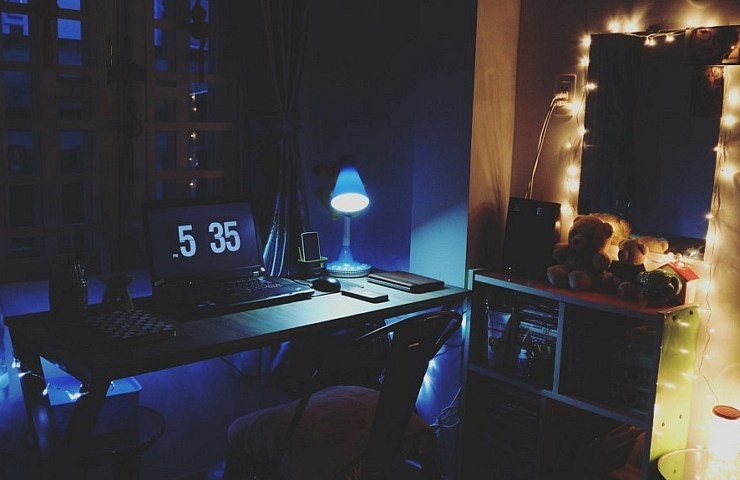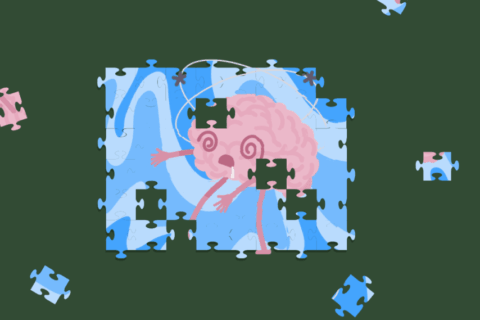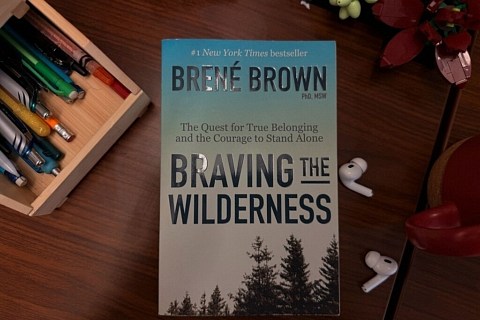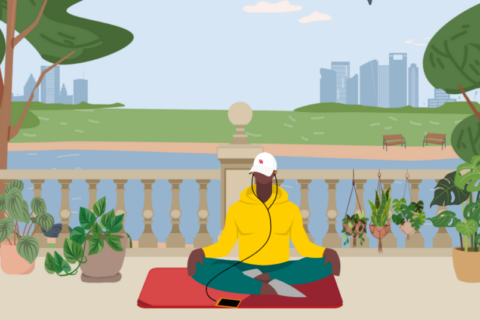So it’s winter again, and that means I’m feeling sad. But when I say sad, I mean SAD. As in, Seasonal Affective Disorder, which is a very real medical disorder that can occur for some people with the change of the seasons. For most people, this happens during the winter. I am one of those people, and no amount of Mariah Carey, Christmas dinners and presents can really shake off the feeling I get when the weather gets colder and the days get darker.
I’m going to talk a little bit about my struggle with SAD, and what you can do if you also suspect that what you feel is more than just “winter blues.”
Although it isn’t known for sure what causes SAD, researchers speculate that it may have something to do with changes in our circadian rhythm making serotonin levels decrease in our brains during certain times of the year.
A lot of symptoms of SAD overlap with those of major depression. For me, I have been officially diagnosed with clinical depression, and my symptoms always get worse when winter comes. What was already hard for me before becomes harder by tenfold. I frequently catch myself oversleeping, overeating and overcome with feelings of dread during this time, and for me, therapy has been enough to help me manage.
For treating SAD, a lot of people recommend light therapy. I personally haven’t tried light therapy, but I have tried other things, like sleeping with my blinds open to allow the natural sunlight to wake me up. I’m also super strict about what time I go to sleep, because it’s super important to keep my internal clock in balance. I always go to sleep and wake up at the exact same time each day, even on the weekends or days where I’m busy. But Honestly, waking up at the same time is the most important part of this routine. If I’m up late doing something else, then I just have to deal with losing those hours of sleep, and I can’t let my body sleep-in to make it up, because I know that once I let that happen it’s a downward spiral from there.
Eating a healthy diet is also recommended when dealing with SAD, but I feel like this is pretty obvious. A good diet might help, but personally I wouldn’t expect my symptoms to go away just because of a change in my diet. I think the more important thing is avoiding unhealthy eating habits that you might be prone to while dealing with this disorder. I gained so much weight last year when I let my depression get the better of me and prohibit me from making conscious decisions about what I was eating.
If you think you might be dealing with an eating disorder, or if you decide that you want to receive therapy for your SAD, I can’t suggest Counseling and Psychological Services enough. The CAPS office has walk-ins available for you to make an initial appointment from Monday through Friday, 8:30 a.m to 4 p.m. Don’t be afraid to reach out and get help, I know it’s hard, but you need to take that first step if you want to get better. And things probably won’t get better right away, you just need to be persistent and trust in the process.
Don’t believe the negative stigma surrounding medication either if you decide that’s the course of action you’d like to take to help treat your SAD. To be put on medication, you’ll need to see a psychiatrist. There is a Psychiatry Clinic on campus that you can go to get help, but keep in mind that you must schedule an appointment ahead of time.





Recent Comments